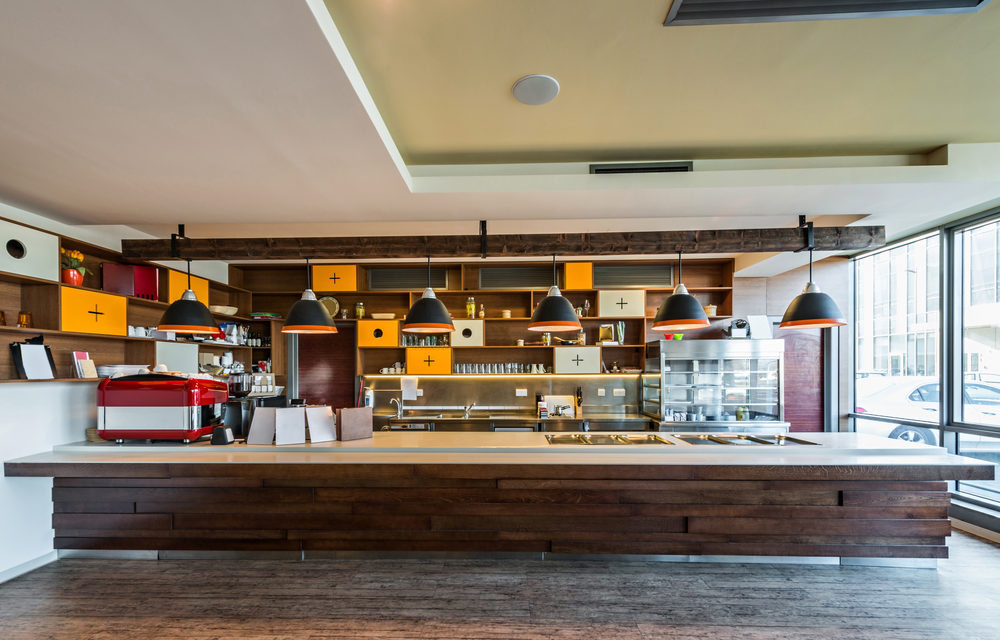- Valuations of many hot fast-casual restaurants have dropped since their IPOs several years ago.
- The industry is being challenged by the rise of minimum wage, new competition, and the increasing preference to eat at home.
- Both corporate and private equity buyers have been active.
Restaurant deals are making a comeback. In part, this is because of the restaurants that went public several years ago amid a flurry of IPOs have watched their valuations drop. These restaurants have struggled to grow beyond their core region and to compete with newer or larger players.
The industry has also become more challenging. People are increasingly eating at home and a rising minimum wage is making business more costly. The promotional environment, which started several years amid a drop in beef prices, makes it harder to earn a profit. Scale helps with the buying power of food and cash to invest in increasingly important digital capabilities and mobile payment systems
Corporate buyers:
To date, corporate acquirers have spent $11.7 billion on restaurant acquisitions, compared to the average of $2 billion they had spent yearly since 2008, according to Dealogic.
Activists agitating in the multi-concept companies like Darden have left, leaving these companies both stronger and with the flexibility to pursue deals. Meanwhile, European investment fund JAB is leading an arms race to build a coffee and breakfast empire.
Recent deals include JAB’s purchase of Panera Bread, Darden’s acquisition of of Cheddars Scratch Kitchen and Restaurant Brands International‘s acquisition of Popeyes Louisiana Kitchen.
Private equity buyers:
Private equity deals have also picked up after a slow-down the last couple of years. So far, private equity firms have spend $4.5 billion on restaurant deals this year, more than double the $1.4 billion they spend in 2016 entirely, according to Dealogic. With private equity funds sitting on cash and weary of investing in traditional retail, the industry is one of the few in retail that is relatively defensive against Amazon.
Here are some targets:
Noodles & Co.: The fast-casual noodle and pasta company has watched its stock drop 87 percent since its 2013 IPO, as the appeal of its ramen-focused menu turned out to be more limited than expected. Adding to its expansion challenges, the restaurant has had difficulty affording to buy prime real estate in new markets. It closed 55 under-performing locations earlier this year.
Bojangles: The southern fried chicken and biscuit chain has been hurt as some of its core demographic, lower-income diners, have opted to eat at home or buy from convenience stores. Meanwhile, it has lost foot-traffic and profitability as larger national brands have slashed prices in order to lure in diners. One of its competitors, Popeyes, was acquired by Tim Hortons-owner Restaurant Brands International earlier this year.
Red Robin Gourmet Burgers: This American casual dining restaurant has, like many of its peers, struggled as diners eschew the time and cost it takes to sit down for a meal. These restaurants are also more impacted by rising labor costs than their fast-casual competitors, which do not rely on waiters for service. To shift its focus from sit-down dining, Red Robin has been investing in online ordering and to-go capabilities. Peer Ruby Tuesday announced an agreement to be acquired by NRD Capital earlier this year.
El Pollo Loco: This chicken chain restaurant went public amid the spate of restaurant IPOs several years ago. Since then, its stock has more than halved as it has struggled to grow beyond its core base in California. It had eyed the Lone Star state as its next regional launchpad, but has had trouble resonating with Texans. Due to those challenges, it recently said it is looking to do a brand relaunch in the state.
Dunkin’ Brands Group: The coffee chain is a natural fit for JAB and it has struggled to maintain price consistency across its many franchised locations. Still, its shares are trading at near five-year highs, and some are wondering if it is too expensive for JAB. Unlike many of JAB’s acquisitions, Dunkin’ is nearly entirely franchised.
Pret a Manger: This coffee sandwich chain backed by Bridgepoint is pursuing an IPO, but a sale is often preferable to the the punishing eye of public markets. Filipino restaurant chain Jollibee Foods is already said to be eyeing the company at a valuation of more than $1 billion, according to Reuters. Pret has around 400 branches globally, serving fast food made onsite to more than 300,000 customers in Britain, the United States, Paris, Hong Kong and Shanghai.
The Cheesecake Factory: Though Cheesecake Factory had performed relatively well over the past five years, its shares have tumbled 30 percent this year amid broader industry challenges and a drop in its same-store sales. It has also been hit by rising dairy prices, a main ingredient in its namesake dish. Based in Calabasas, California, the restaurant has a menu of more than 200 items and runs a bakery that produces more than 50 types of cheesecake and baked goods.
by Lauren Hirsch

